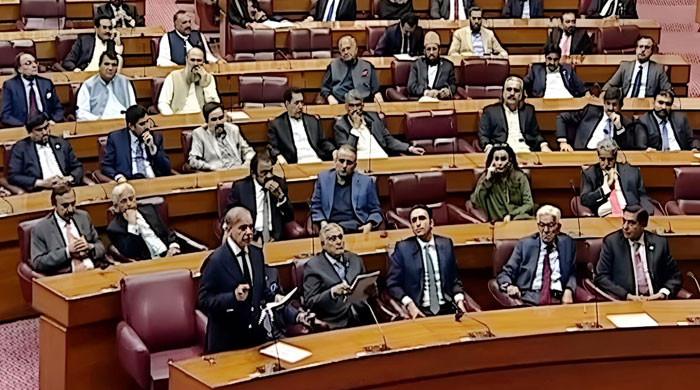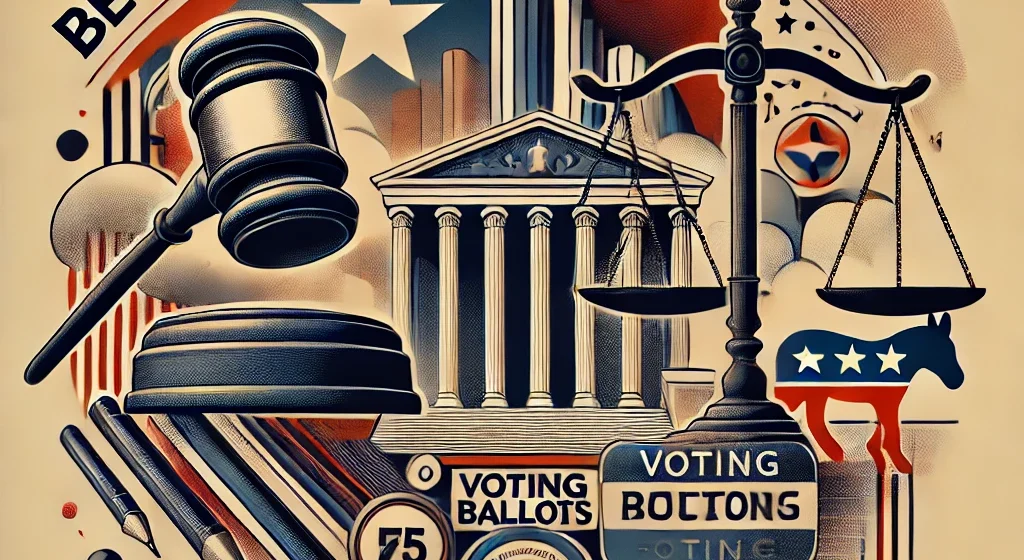Beyond Rhetoric The Reality of Politics
Politics is more than just a game of power and influence; it is a complex system that shapes societies, influences decisions, and impacts lives on a global scale. While political rhetoric often grabs headlines and stirs emotions, the true essence of politics lies beyond the slogans and soundbites. This article explores the reality of politics, diving into its foundations, processes, and the forces that drive it.

The Foundations of Politics
Politics originates from the fundamental need to organize societies, create order, and address collective issues. The word ‘politics’ itself stems from the Greek word ‘polis,’ meaning city-state, where citizens gathered to discuss public matters. Over centuries, this concept has evolved, influencing governance structures ranging from monarchies and empires to democracies and autocracies.
Today, politics encompasses the distribution of power, the formulation of policies, and the resolution of conflicts. It touches every aspect of life, including the economy, education, healthcare, and justice. Understanding the foundational principles of politics is essential to grasp its real-world implications.
The Role of Political Systems
Political systems are the frameworks within which politics operates. These systems determine how power is distributed, who has authority, and how decisions are made. The primary political systems include:
- Democracy: Power lies with the people, who elect representatives to make decisions on their behalf. While it promotes freedom and equality, it can also suffer from polarization and inefficiencies.
- Authoritarianism: Power is concentrated in a central authority, often a single leader or a small group. Though efficient in decision-making, it typically limits freedoms and suppresses dissent.
- Socialism and Communism: These systems aim for state or communal ownership of resources, seeking to reduce inequality but often facing challenges related to bureaucracy and individual freedoms.
- Monarchy: Traditional monarchies have largely shifted to constitutional forms, where monarchs serve symbolic roles while elected officials govern.
Understanding the strengths and weaknesses of these systems helps explain the complexities of political dynamics globally.
The Influence of Political Ideologies
Beyond systems, politics is heavily shaped by ideologies — the beliefs and values that drive political parties, leaders, and movements. Ideologies like liberalism, conservatism, socialism, and nationalism guide policies and shape public opinion.
- Liberalism: Advocates for individual rights, freedoms, and progressive social policies.
- Conservatism: Emphasizes tradition, stability, and limited government intervention.
- Socialism: Seeks economic equality through collective ownership and welfare systems.
- Nationalism: Prioritizes the interests and identity of a nation, sometimes at the expense of global cooperation.
Ideological conflicts often create tension in societies, influencing elections, legislation, and public discourse.
The Power of Political Communication
Political rhetoric, debates, and media campaigns are essential tools for shaping public perception and influencing opinions. Politicians and parties use persuasive language, emotional appeals, and strategic messaging to gain support.
Media, in its various forms, plays a crucial role in disseminating political information. However, it can also perpetuate misinformation, bias, and polarization. Social media platforms have amplified these effects, providing a space for rapid information sharing but also breeding misinformation and divisive narratives.
The Realities of Political Decision-Making
Behind closed doors, political decision-making is a blend of negotiation, compromise, and strategic planning. Policies are rarely the product of pure ideology; they result from complex negotiations involving multiple stakeholders — politicians, lobbyists, businesses, and advocacy groups.
Lobbying and special interest groups wield significant influence, often shaping policies that benefit particular sectors or interests. While some view this as a corruption of democracy, others argue it is a way to represent diverse voices in policymaking.
The Human Impact of Politics
Politics is not just a theoretical concept; its outcomes directly affect people’s lives. Healthcare reforms, economic policies, social justice legislation, and international treaties shape the quality of life, equality, and opportunities available to citizens.
Economic policies determine employment rates, wages, and inflation, affecting everyday lives. Decisions on healthcare influence access to medical services, and laws on justice impact personal freedoms and social equity. Political decisions can spark social movements, lead to protests, or even result in revolutions.

Beyond Rhetoric: The Call for Civic Engagement
To move beyond the rhetoric, citizens must engage actively in political processes. Voting, participating in public debates, and holding leaders accountable are essential steps toward meaningful change.
Civic education also plays a critical role in empowering individuals to understand political systems, question narratives, and make informed choices. By fostering awareness, individuals can challenge rhetoric, recognize manipulation, and contribute to a more transparent and accountable political landscape.
Conclusion
The reality of politics extends far beyond slogans and speeches. It is a dynamic and intricate field that shapes societies, balances power, and impacts lives. Understanding the foundations, ideologies, and realities of politics enables individuals to navigate the complexities of governance and contribute to shaping a better future.


Leave a Reply